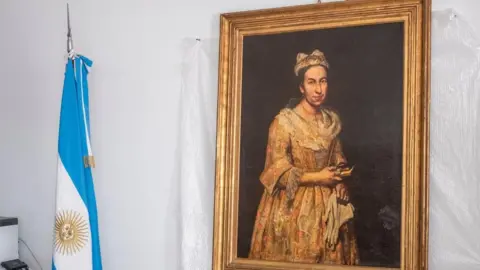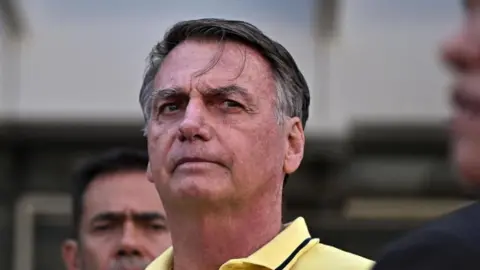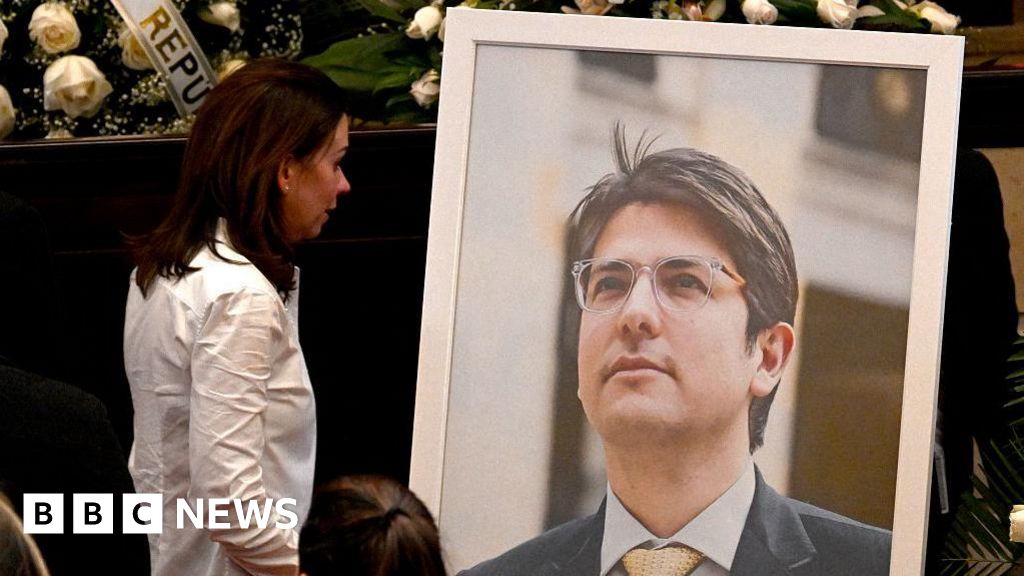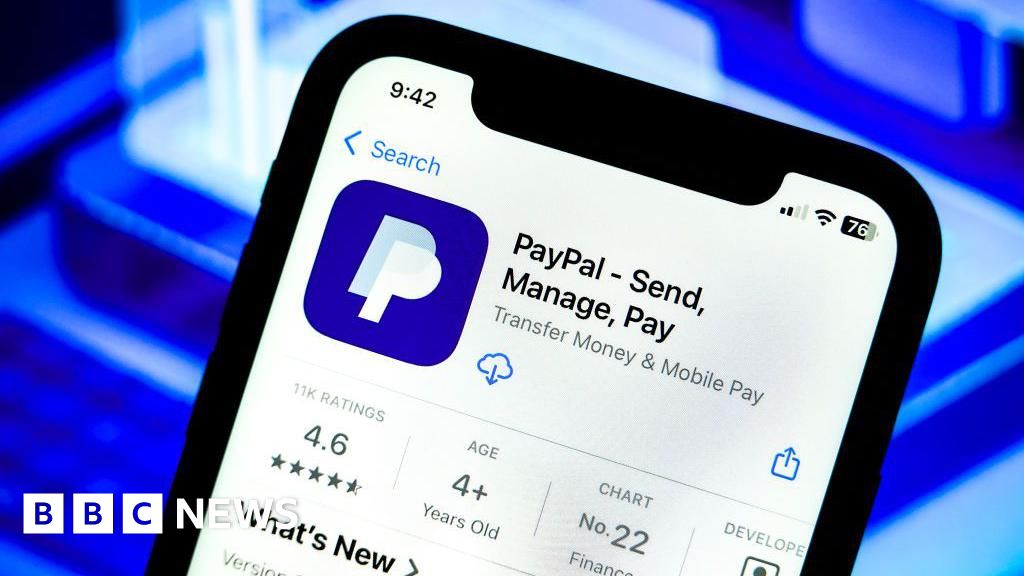Former Colombian leader Álvaro Uribe has received a 12-year sentence of house arrest after being found guilty of witness tampering and fraud, making him the first ex-president in Colombia's history to be convicted of a crime. The 73-year-old politician, who ruled from 2002 to 2010, expressed his intent to appeal the ruling, asserting that the case aimed to "destroy a voice for the democratic opposition."
In addition to house arrest, Uribe is barred from holding public office and must pay a fine of $578,000 (£435,000). He continues to maintain his innocence, even as his popularity remains significant in Colombia amidst allegations of collusion with right-wing paramilitary groups to dismantle leftist guerilla factions—a claim he denies vehemently.
Evidence submitted during the trial included testimonies from two imprisoned former paramilitaries who accused Uribe's ex-attorney Diego Cadena of attempting to bribe them for favorable testimonies. While Cadena also faces charges and has rejected these accusations, other ex-paramilitaries have testified in support of Uribe.
The conviction has sparked considerable debate, drawing criticism from figures such as U.S. Secretary of State Marco Rubio, who lambasted the judiciary's actions in Colombia, describing them as politicized. Rubio expressed solidarity with Uribe on social media, arguing that the ex-president's only crime has been his relentless defense of Colombia.
In Colombia, paramilitary forces emerged during the 1980s, claiming to address marginalization issues by countering leftist guerrilla movements, which had previously clashed with the state. These forces grew significantly involved in the narcotics trade, resulting in ongoing conflicts and deep-seated rivalries over drug trafficking routes and resources.
Uribe's firm stance against the FARC rebels during his presidency was lauded in Washington, yet it also marked him as a polarizing figure. His administration faced criticism for insufficiently addressing the underlying inequality and poverty within Colombia. Though a peace deal was reached with the FARC in 2016 under Uribe's successor, lingering violence from disarmed factions continues to afflict the nation.




















